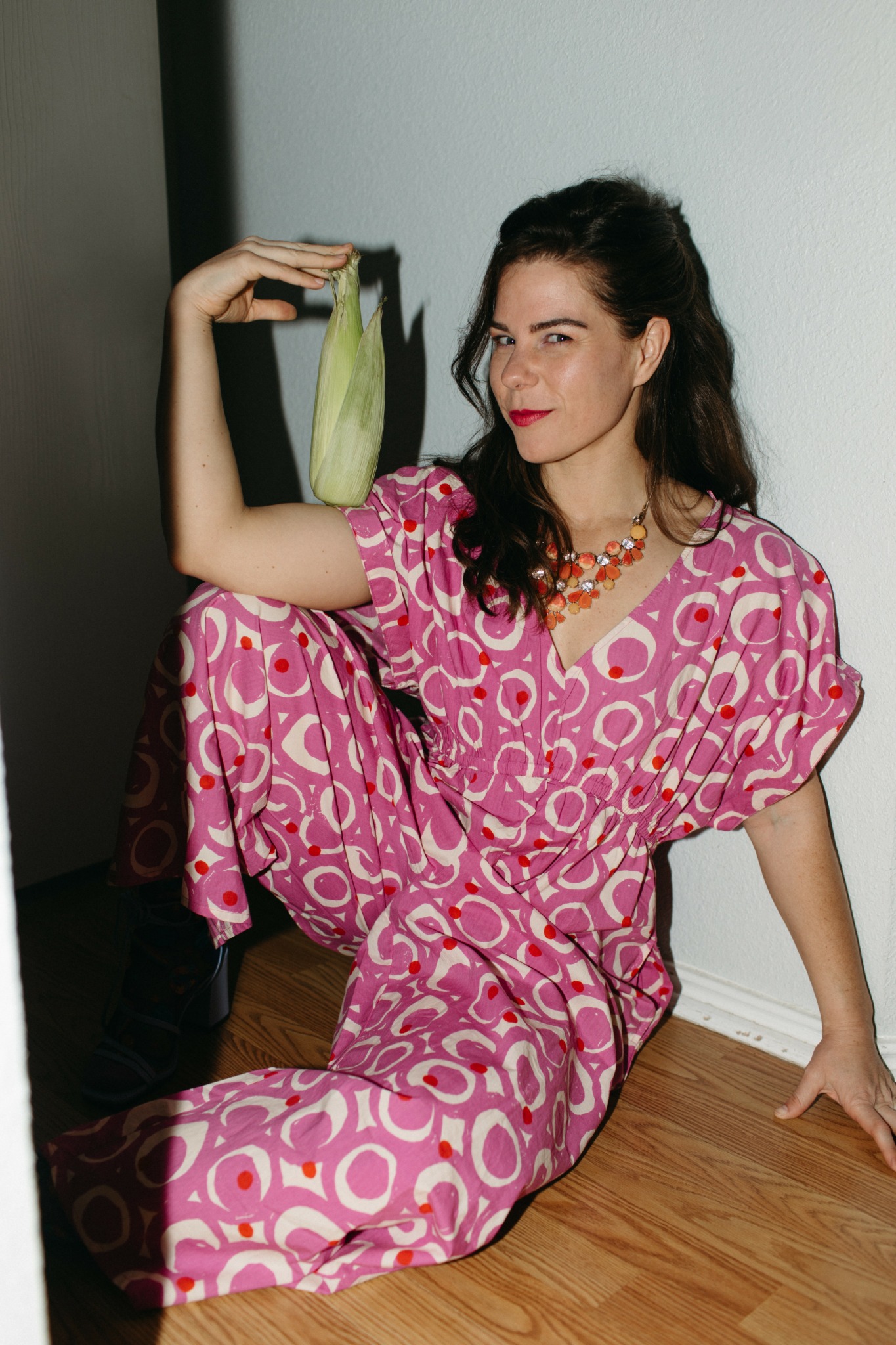We recently connected with Jessi Roesch and have shared our conversation below.
Jessi, thanks for taking the time to share your stories with us today We’d love to go back in time and hear the story of how you came up with the name of your brand?
I originally conceived Downland on a drive home from my first visit to a regenerative farm. During that visit, I learned the profound connection between soil health and human health. Initially, combining “drawdown” as a nod to carbon sequestration capabilities of regenerative practices, and “land use”.
When searching that the name was available, I discovered “downland” is used in British English. The phrase is a geographic feature, describing rolling grasslands over chalk or limestone, often used for pasture. You might have heard of places like this in the United Kingdom: South Downs, North Downs, Abbotts Ann Downs, Kent Downs and so on. This happy accident foreshadowed our company’s future.
After conducting thousands of interviews with landowners, Downland pivoted to focus on succession planning. The name evolved to embody a new dual meaning: helping landowners decide what to do with their land: Pass it down (to their family) or pass it on (to a new land steward).
This evolution reflects my journey from carbon sequestration to Downland’s true calling—preserving land across generations. The name that began as my simple portmanteau now carries the weight of heritage and stewardship.

Awesome – so before we get into the rest of our questions, can you briefly introduce yourself to our readers.
I’m Jessi Roesch (rhymes with “fresh” – ignore the O), and isn’t that a lovely coincidence for someone working in food, where freshness matters?
My 15-year career spans financial services, energy infrastructure, and startups – building teams from scratch, launching revenue-generating strategies, and solving complex problems like rolling out in-home services across 10 cities during pandemic lockdowns with different regulations in each. Hard problems are my wheelhouse.
My passion for health was ignited as a teenager caring for sick family members. Nothing connects environment and health like watching someone you love suffer from it. That fire has never gone out.
Asking the question of how to live a long, healthy life and you quickly arrive at food as an important thread. And pull the food thread? You’ll find it’s a mess. My marketplace background gives me a unique lens for connecting farmers with succession planning and bringing regenerative stewards on board where needed.
From managing billion-dollar equine and equipment portfolios to leading operations at a fintech company that ranked #10 on the Inc. 5000 list, I’ve learned that business structures either unleash positive change or strangle it. At Downland, we’re unleashing it.
The crisis is this: 70% of farms will change hands in the next two decades, many without succession plans. Without intervention, developers and distant investors will gobble up that land faster than you can say “monocrop.” Downland offers succession planning driven by landowners’ values.
Protecting land access for producers strengthens the environment, local food systems, and community health. The future of food is too important to leave to chance or corporate interests. I’m making sure the next generation of farmers—and all of us who eat—have a fighting chance.
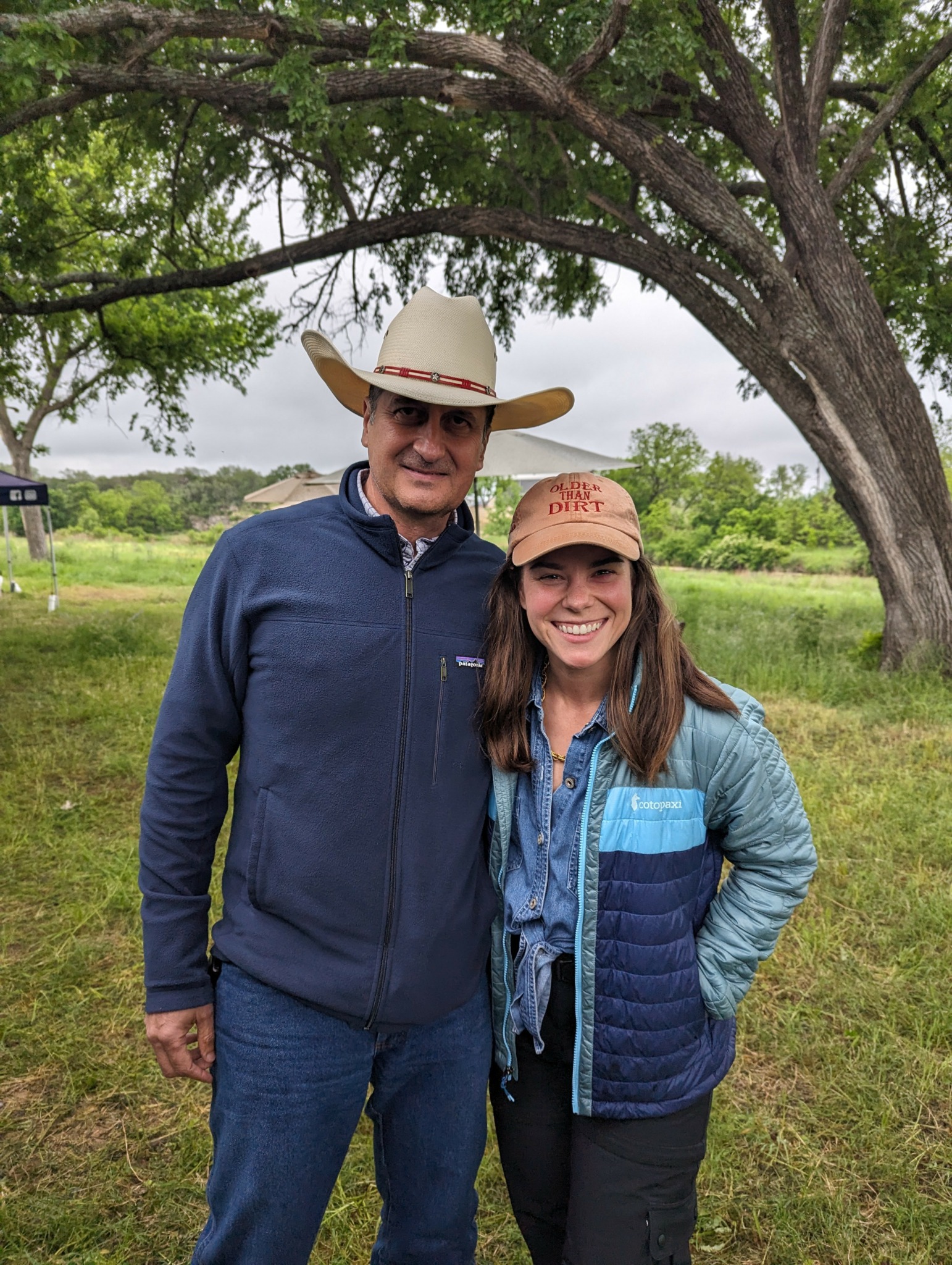
Can you share a story from your journey that illustrates your resilience?
In February 2021, I experienced firsthand the devastating impact of extreme weather during the Great Texas Freeze. As the coldest winter storm to hit Texas since 1989, it began when a disrupted polar vortex pushed Arctic air deep into the south, placing all 254 Texas counties under winter storm warnings.
My journey through this disaster began unexpectedly. I was heading to Phoenix on a business trip, and my flight was delayed unrelated to the snow, which hadn’t started falling yet. As an avid road tripper, I decided to drive a rental care the 14-hour route rather than wait another 36 hours for a rescheduled flight. What started as a practical decision quickly turned into a survival situation.
Hours into my drive, I witnessed an apocalyptic scene unfolding on Interstate 10. Vehicles lay overturned and abandoned along the highway, blanketed in unusual dusty snow. The small towns I passed through were eerily deserted, with few open gas stations for fuel or food. When I tried finding shelter, I found hotel lobbies packed with stranded travelers sprawled on the floors and rarely used lobby couches.
I improvised solutions just to keep moving—carrying hot coffee cup by cup from a hotel lobby to melt the ice forming in my wheel wells, using my cold weather driving skills beget from growing up with Midwest winters. Meanwhile across Texas, 10 million people lost power, grocery shelves emptied, and eventually 200 people would lose their lives.
This wasn’t just about personal inconvenience. The freeze devastated ecosystems too, killing 3.8 million coastal fish and cold-stunning thousands of sea turtles. It became the nation’s first billion-dollar weather disaster of 2021.
This experience was my third encounter with extreme weather amplified by anthropomorphic environmental change. Surviving it reinforced my resilience and adaptability when faced with unprecedented challenges. More importantly, I’m proud to be on the shortlist of people my friends want on their zombie apocalypse survival teams.
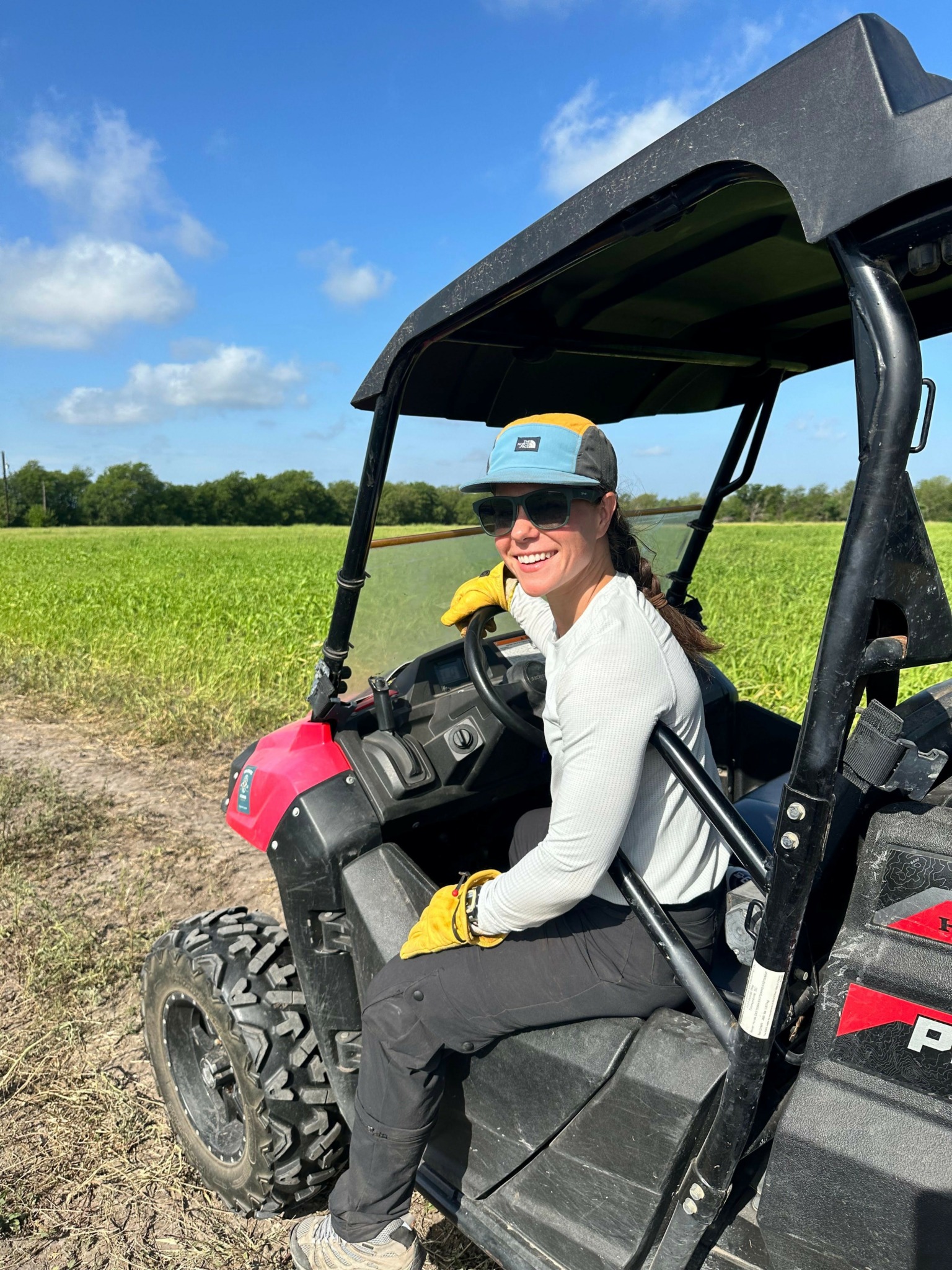
Any advice for managing a team?
If you’re a leader, managing people isn’t some side gig to your “actual job.” It IS your job, and realizing this early in my career gave me gumption to get better at earning trust to have hard conversations required to grow teams.
I learned this from my first job, where I was part of a corporate leadership program at a Fortune 500 bank. I managed people less than 6 months out of college. This was such a gift, yet throughout my career, I’ve watched countless managers treat their teams like an after thought at best, and an annoyance at worst. As a people leader, your main deal is to lead the people.
It starts with genuine care and curiosity. Asking questions, and letting people opt out of answering if they don’t want to, helps you out what makes your people tick. Strengths Finder 2.0 is a tool to uncover the types of work that lights people up. When someone gets to use skills they actually enjoy? They like coming to work more.
That strengths-based framework comes to life with coaching. Coaching is about finding a balance between instruction and exploration. I practice this skill with the bit of fitness coaching I do on the side. It means having bold and direct conversations, and sometimes giving tough feedback.
You earn the right to have hard conversations when you build a history of trust by making “deposits” into your social capital bank. This isn’t about being performative, but rather be genuine and supportive. Know what your team cares about and ask about those things. Cheer on wins. This is Platinum Rule territory: Treat others how they want to be treated. And you won’t know how they want to be treated if you don’t ask.
Don’t be that boss who resents their team for not being mind readers or clones. Create space for them to stumble on low stakes tasks as they build skills to take on more. And when they nail something their own way instead of yours? That’s cause for celebration, not criticism.
The strongest teams I’ve built aren’t afraid to fail because they know I’ve got their backs.
Exceptional leadership isn’t about controlling people—it’s about unleashing them. Do this right, and not only will your team’s morale soar, they’ll accomplish things neither of you thought possible.
Contact Info:
- Website: https://www.godownland.com/
- Instagram: https://www.instagram.com/go.downland
- Linkedin: https://www.linkedin.com/in/jessi-roesch-rhymes-with-fresh/
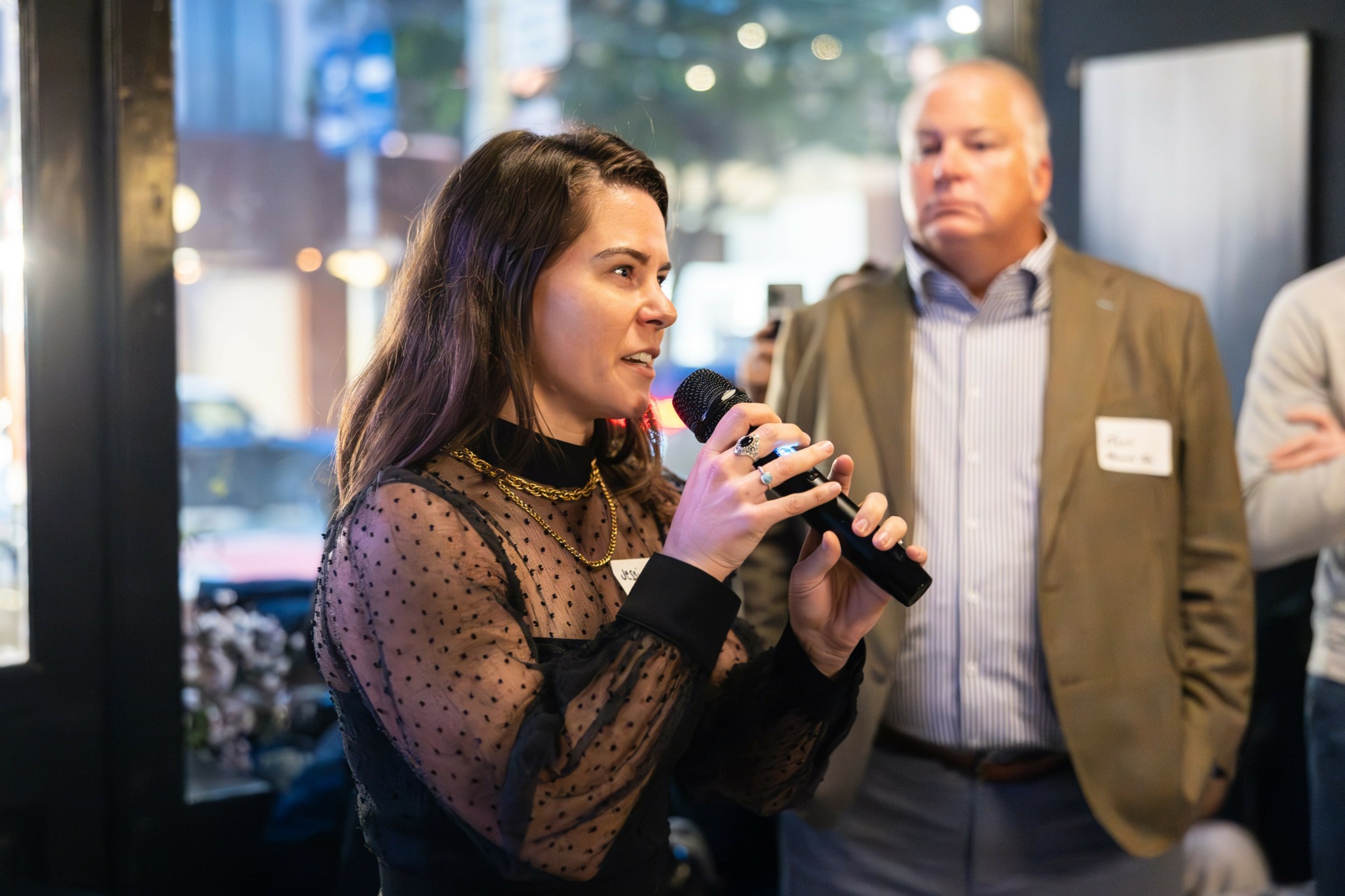
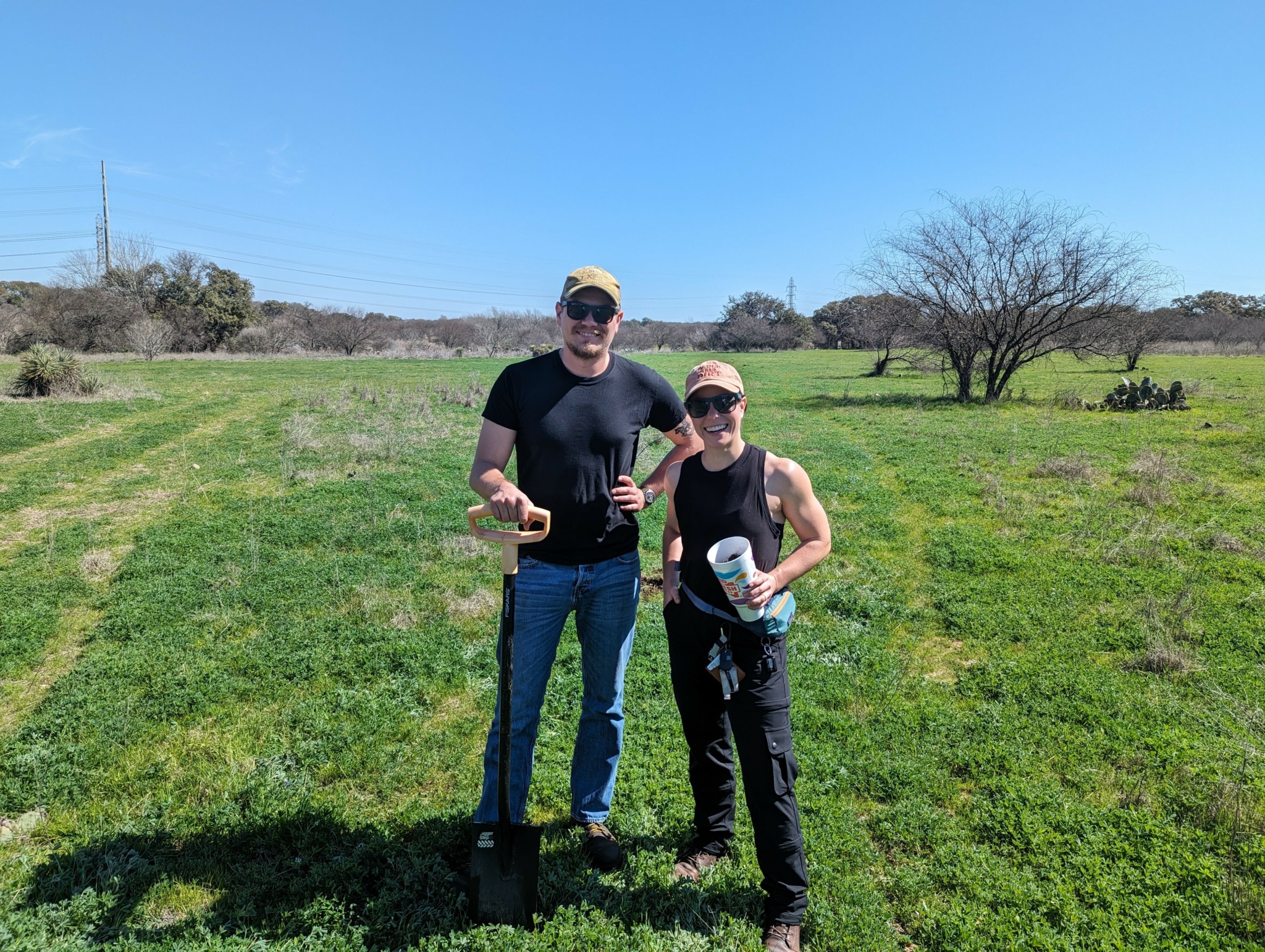
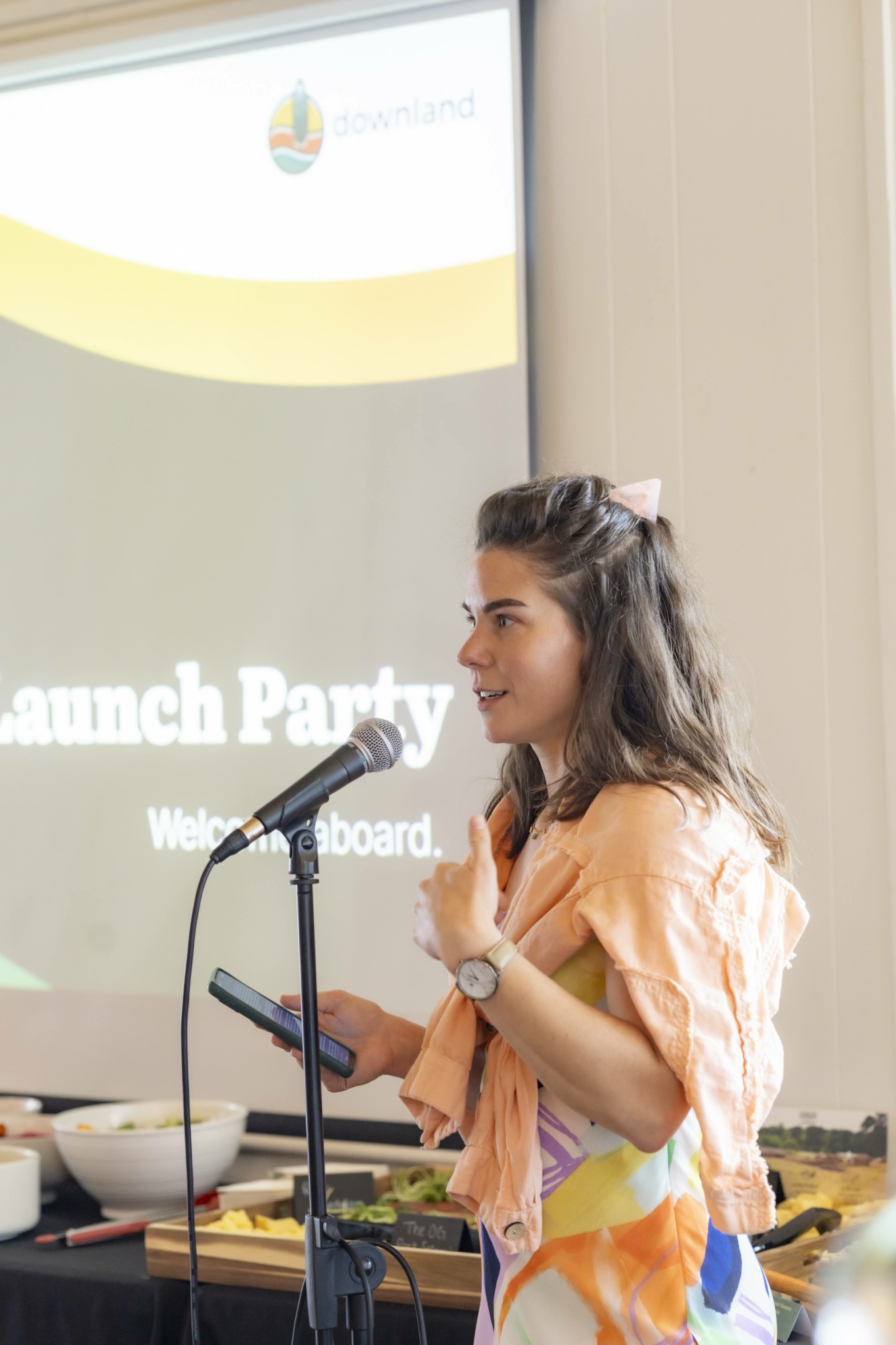
Image Credits
Morgan Sessions Photography


